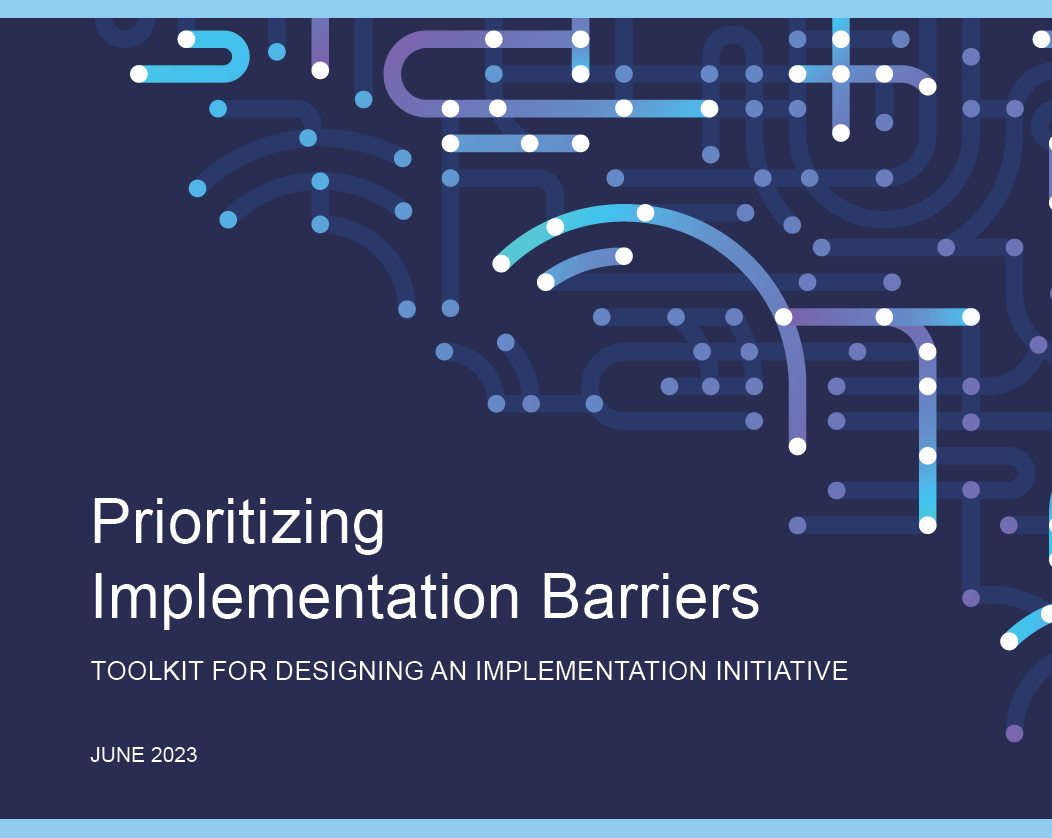For implementation science to support the improvement of health care, there are critical methodological challenges that must be addressed. Some of those challenges include:
- How to quickly and efficiently identify determinants of implementing evidence-based interventions
- How to prioritize determinants that are most critical to address to improve health care
- How to choose the right strategy to address critical determinants
The IMPACT Center (funded by NIMH) and the OPTICC Center (funded by NCI) are two research centers collaborating with the Mechanisms team (funded by NCI) on the development and publication of methods for optimizing implementation for impact.

Methods for implementation impact

Rapid Evidence Synthesis
Used to summarize and synthesize research literature and can be applied to synthesizing evidence on known determinants for implementing evidence-based interventions.
Rapid Ethnographic Assessment
Used to efficiently gather ethnographic data about determinants by seeking to understand the people, tasks, and environments involved from stakeholder perspectives.
Causal Pathway Diagrams
A graphical tool that enables visualization of how implementation strategies bring about implementation outcomes and the conditions under which they work.
Prioritizing Implementation Barriers
Enables teams to determine which implementation barriers are most important to address to support evidence-based intervention implementation.







